Iran’s stockpile of 60%-enriched uranium reaches 25 kilograms, AEOI spokesman says
Spokesman for the Atomic Energy Organization of Iran (AEOI) Behrouz Kamalvandi says the country’s stockpile of uranium enriched to a purity level of 60 percent has reached 25 kilograms, noting that Iran has also produced over 210 kilograms of 20%-enriched uranium.
Speaking on the sidelines of the exhibition of Iran's nuclear achievements in Tehran on Friday, Kamalvandi said the Strategic Action Plan to Counter Sanctions, a law passed last December by the Iranian Parliament, has allowed the AEOI to enhance its peaceful nuclear activities.
On December 1, 2020, Iranian lawmakers overwhelmingly voted in favor of the action plan, which tasked the administration with suspending more commitments under the 2015 nuclear deal, officially known as the Joint Comprehensive Plan of Action (JCPOA).
Washington had already withdrawn from the deal under the administration of former President Donald Trump on May 8, 2018, and the European signatories to the deal reneged on their commitments under the JCPOA.
According to the Parliament’s law, the AEOI was required to produce at least 120 kilograms of 20-percent enriched uranium annually, while the country’s stockpile has now exceeded 210 kilograms, Kamalvandi highlighted.
The AEOI spokesman noted that Iran has also produced 25 kilograms of 60-percent enriched uranium until now.
He said Iran is now among few countries in the world that can enrich uranium to such a level of purity.
“The nuclear industry is a strong field. It is the source of authority and pride of the country. Arrogant countries have now acknowledged that they can no longer deprive the Islamic Republic of Iran of the industry,” the senior Iranian official pointed out.
“The industry dominates all other industries and can propel them. Its quality and standards are much higher than other industries. Once you master the industry, you are in fact paving the way for other industries to advance,” he added.
Kamalvandi said the enemies knew the industry was of high importance for the Islamic Republic of Iran's peaceful progress, but they were trying to deprive it of the technology while politicizing the nuclear issue.
“They have politicized the nuclear issue and accused us of seeking nuclear weapons, while they themselves possess nuclear weapons and have used them,” he commented.
Kamalvandi also underscored that the Iranian Foreign Ministry is in charge of negotiations aimed at removal of sanctions imposed against the Islamic Republic, whilst the Atomic Energy Organization of Iran only deals with technical issues.
Iran and the remaining parties to the JCPOA have held six rounds of talks in Vienna, which began after the US administration of Joe Biden voiced a willingness to rejoin the nuclear agreement, three years after Trump unilaterally withdrew the United States from the deal.
While disagreements on key issues persisted, the participants took a break from the talks after Ebrahim Raeisi emerged victorious in Iran’s June presidential election, and waited for Iran’s democratic transition to take place to continue the talks.
The scope of the sanctions removal and the need for the US to guarantee that it would not ditch the JCPOA again are among the key issues not settled during the administration of former Iranian President Hassan Rouhani.
The Raeisi administration has announced on several occasions that it will resume the talks only to remove all of the United States’ illegal sanctions and that it will not take part in negotiations for the sake of negotiations.
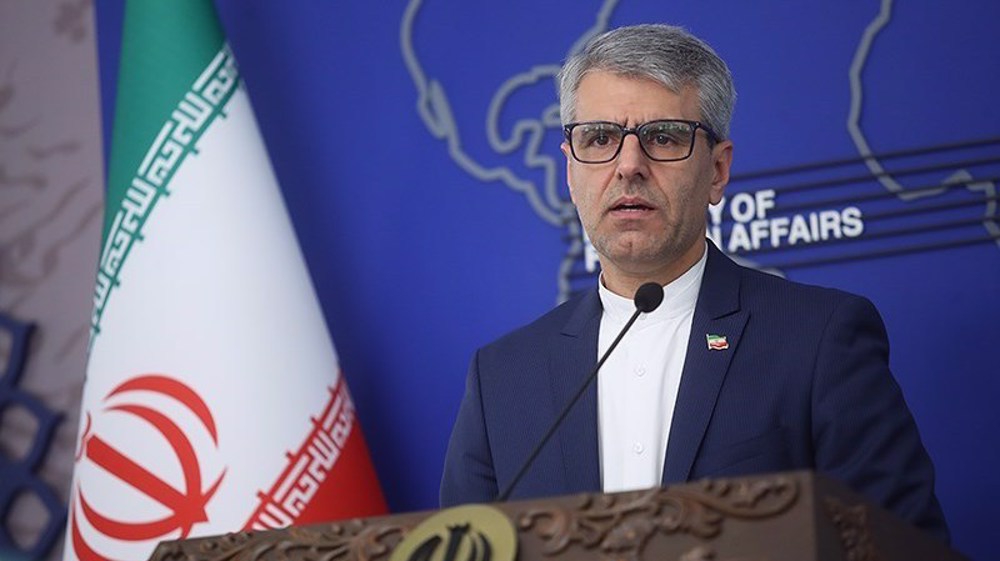
Iran: Zelensky’s humiliation in US ‘wake-up call’ to return to 19th-century bullying era
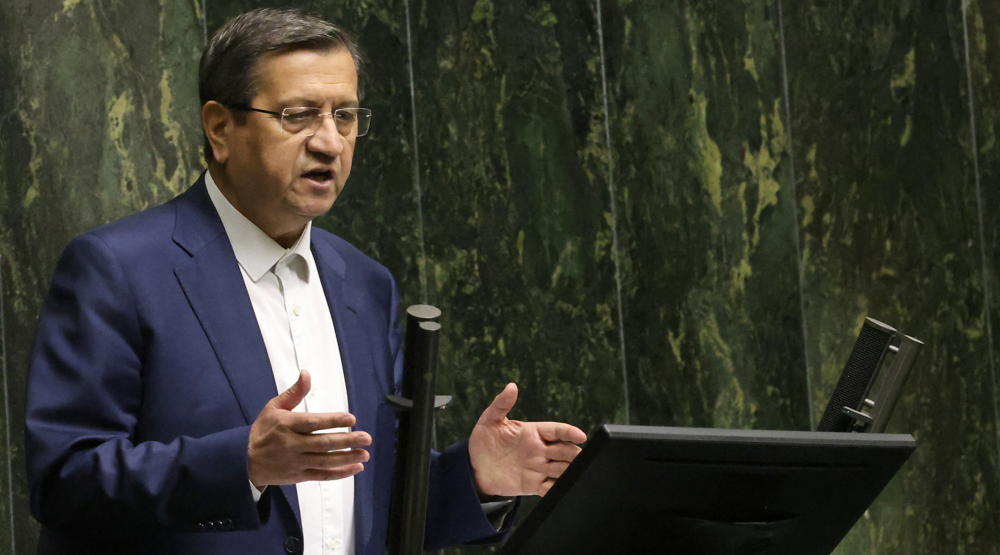
Iran Parliament dismisses economy minister over economic mismanagement
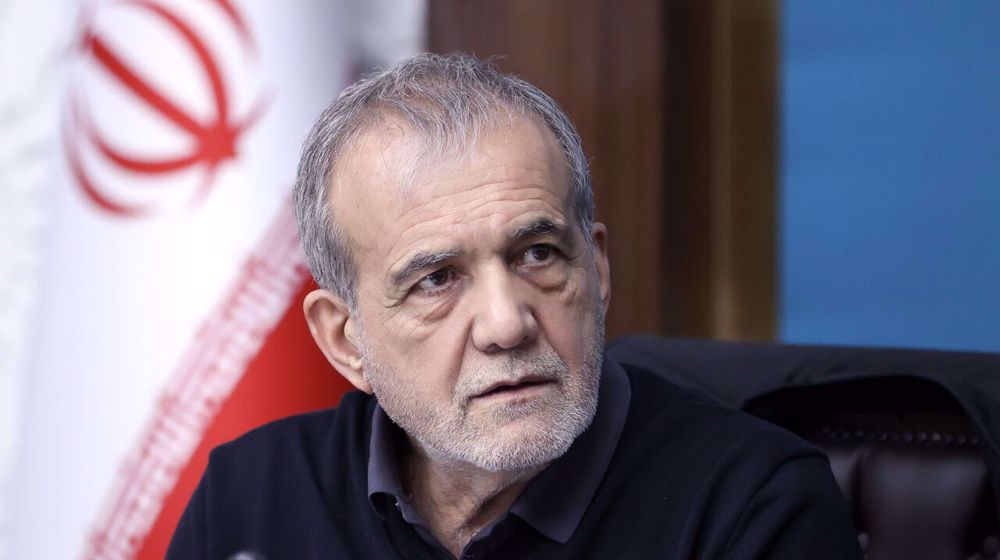
Iran president congratulates Muslim leaders on holy month of Ramadan
To regain legitimacy, African Union must cut imperialist ties and put Africans first
VIDEO | Iran Army conducts over 160 special operations during Zolfaqar 1403 maneuvers: Cmdr.
Palestinian abductee dies of systematic torture in Israeli Megiddo Prison
US, Europe complicit in Israel’s blocking of Gaza aid: Pro-Palestinian NGO
UN concerned by ‘fundamental shift’ in US policy since Trump returned to power
Hamas hails ‘heroic Haifa operation’ as natural response to Israeli genocide
Arrest of activist Yves Engler and unchecked growth of Zionist network in Canada
VIDEO | Interview with Lawrence Wilkerson


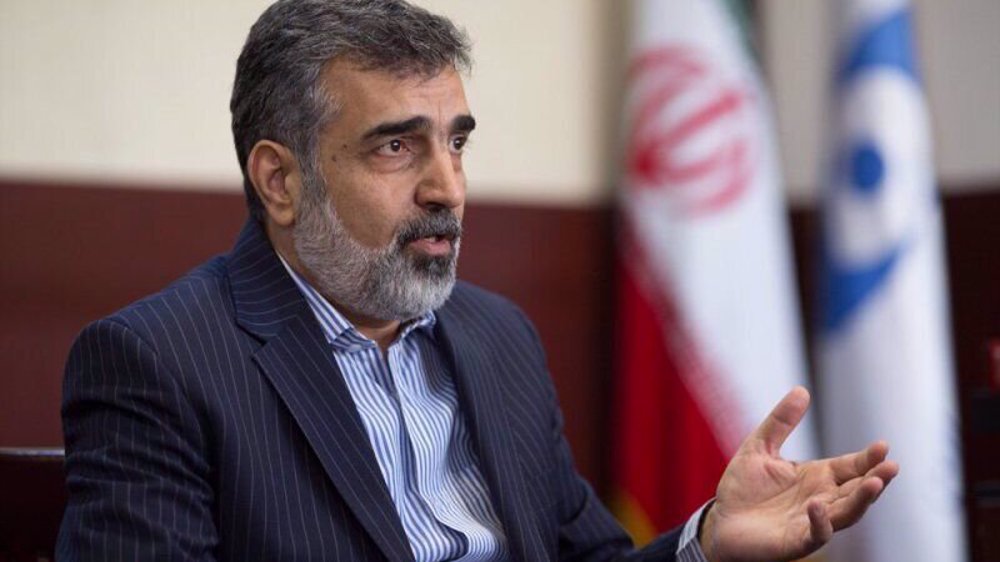
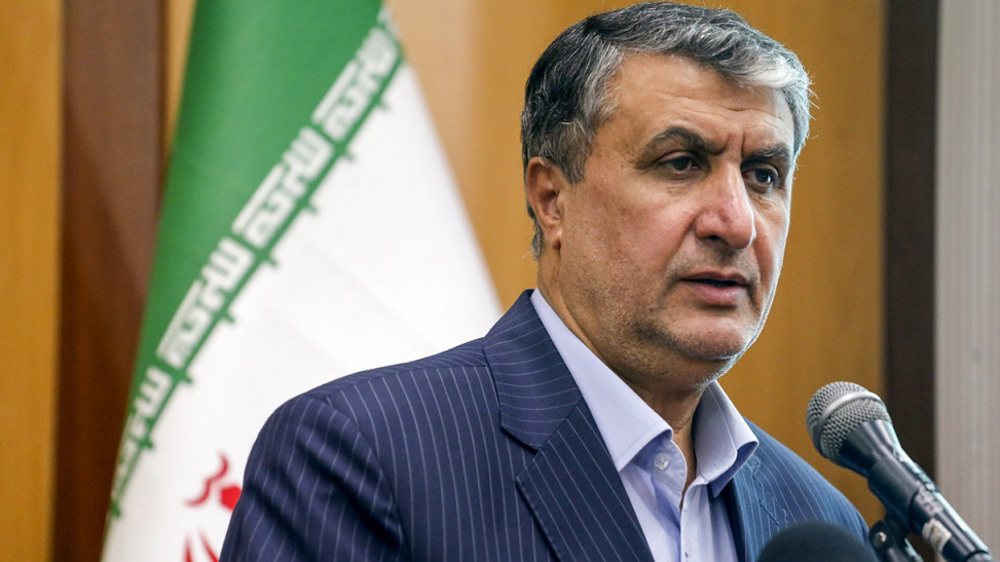
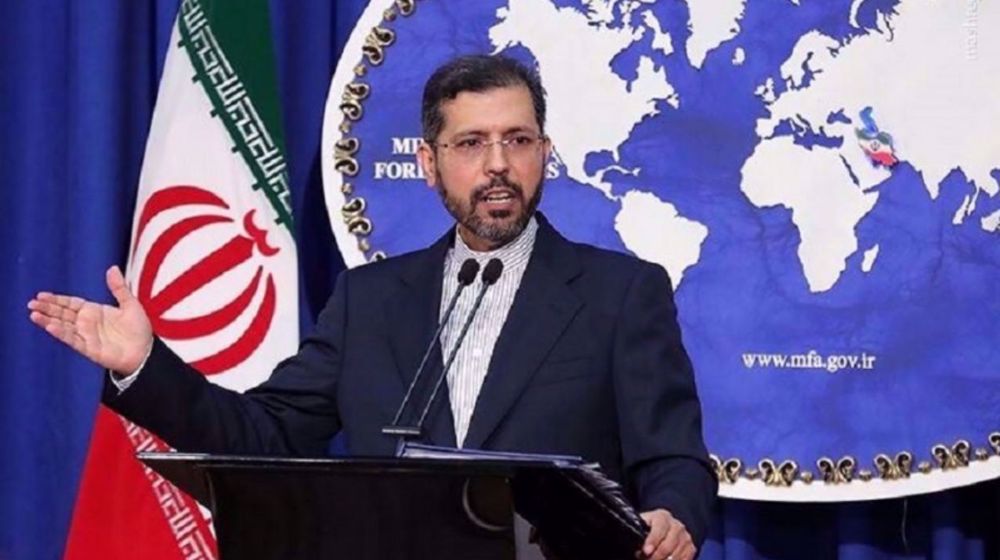



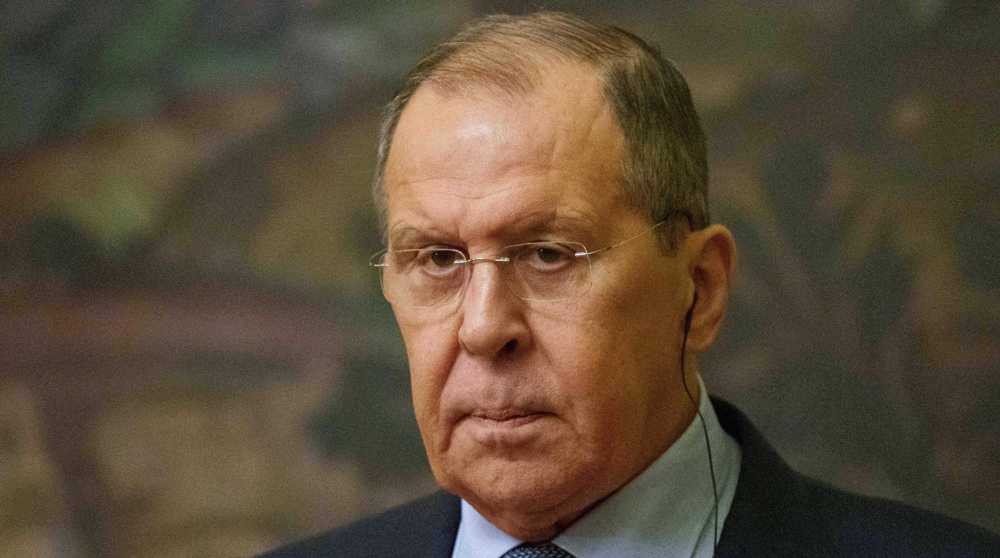

 This makes it easy to access the Press TV website
This makes it easy to access the Press TV website